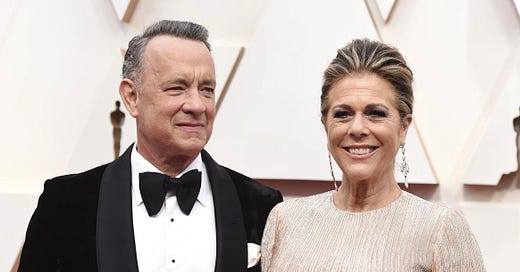Melancholy anniversary of the Day Everything Changed
And an update on the state of the Sentinel
Keep reading with a 7-day free trial
Subscribe to Eric Zorn: The Picayune Sentinel to keep reading this post and get 7 days of free access to the full post archives.



